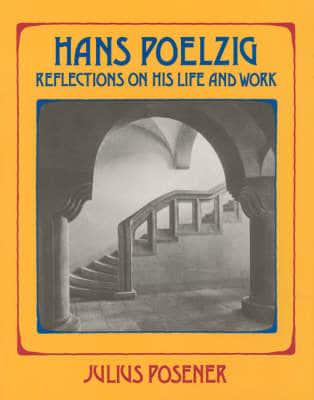Publisher's Synopsis
Hans Poelzig (1869-1936) was a contemporary of Peter Behrens and other German architects associated with the modern movement, yet he followed a different path. This study of Poelzig in English, brings to light one of the most interesting architects working in Germany during a period when the course of architecture was profoundly changed. Written by a former student, it is a personal memoir, a primary source and first-hand account of a teacher and master builder. Posener follows Poelzig's career from his years in Breslau to Dresden and Berlin, discussing such works as the Festival Theater for Salzburg and the Capitol Cinema and concluding with his late designs. He provides a useful definition of the phases of Poelzig's work, including the moment at which it could be termed Expressionist. Pointing out that changes in German architecture between 1900 and 1935 were not as radical as they appeared, or wanted to appear, Posener draws attention to Poelzig's true strength - an idea of what architecture is that informs the whole of his work, despite the shifts in taste and technical progress that changed the formal language of buildings.;Julius Posener was 22 years old in 1926 when he entered Hans Poelzig's design course in Berlin. Forced to flee Germany in 1933 in 1961 he returned to Berlin, where he writes, teaches, and is actively involved with the city's planning and architecture.










